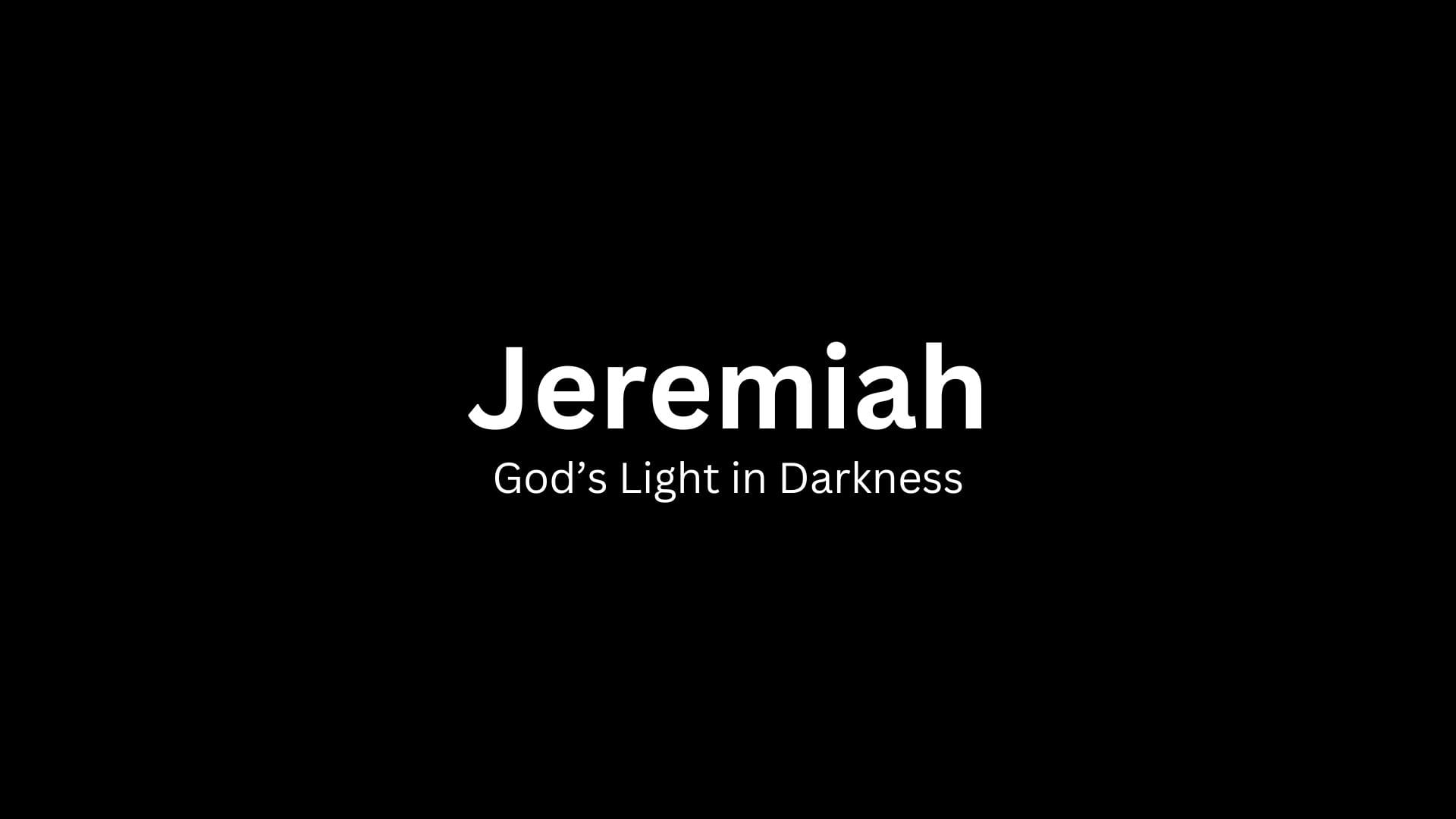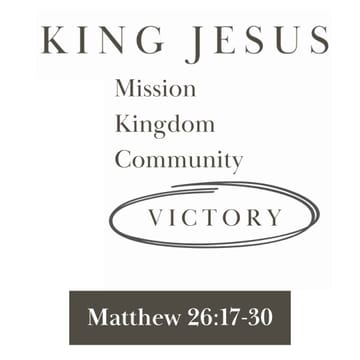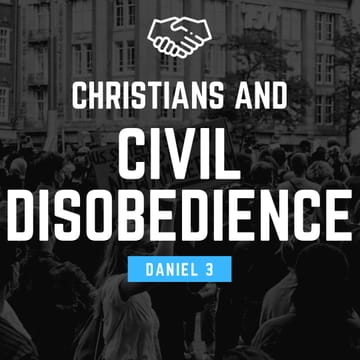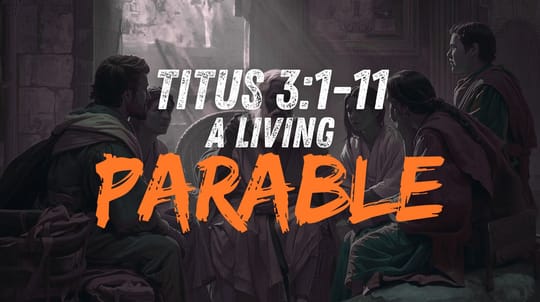Like a good detective, let's examine this book.
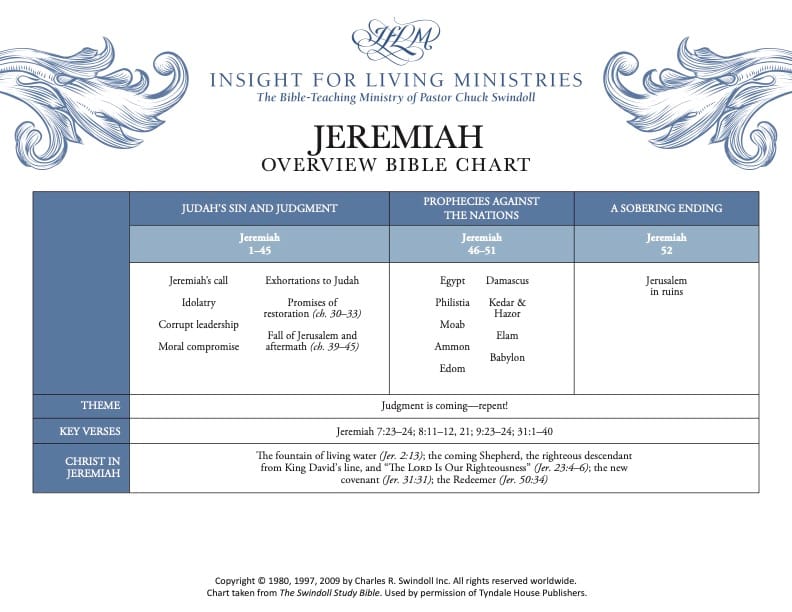
🔥 Overview
The book of Jeremiah, one of the major prophetic books of the Old Testament, chronicles the prophet Jeremiah’s ministry to the kingdom of Judah during a time of intense political and spiritual crisis. It addresses themes of judgment, repentance, and restoration, as Jeremiah warns the people about impending destruction due to their disobedience. Despite the grim tone, Jeremiah also delivers messages of hope, promising future restoration and the establishment of a new covenant.
🔍 Things to Notice
- Jeremiah’s Calling (Chapter 1) – Jeremiah is called by God before birth to be a prophet to the nations.
- The Pottery Metaphor (Chapter 18) – God as the potter, reshaping the clay (Israel), showing His sovereignty and desire to reshape His people.
- Jeremiah's Lament – Jeremiah is often called the "Weeping Prophet" for his emotional pleas and laments over the people’s sin and the coming judgment.
- Symbolic Actions – Jeremiah performs several symbolic acts (like wearing a yoke) to illustrate God’s message.
- New Covenant Promise (Chapter 31) – Jeremiah speaks of a new covenant where God will write His law on the hearts of His people.
🙏 Jesus in this Book
(Every book reveals the glory of God, displayed in Christ Jesus)
While Jesus is not mentioned explicitly in Jeremiah, several elements foreshadow His coming:
- The Righteous Branch (Jeremiah 23:5-6): Jeremiah speaks of a righteous descendant of David who will reign wisely, pointing to the Messiah, Jesus.
- The New Covenant (Jeremiah 31:31-34): This prophecy about a new covenant is fulfilled through Jesus, who establishes the new covenant in His blood, as mentioned in the New Testament.
- The Suffering Prophet: Jeremiah’s sufferings and rejection mirror aspects of Christ’s ministry, who also faced rejection and suffering.
👀 Themes
- Judgment and Repentance: God’s judgment is a key theme due to the people's persistent sin, but there is always a call to repentance.
- Covenant and Restoration: Despite the destruction, God promises to restore His people and make a new covenant.
- God’s Sovereignty: God is portrayed as sovereign over the nations, including Israel and its enemies.
- Hope and Future Restoration: Jeremiah frequently speaks of future hope despite present disaster, pointing toward eventual restoration.
- The Cost of Disobedience: Judah’s refusal to obey God leads to exile, showing the consequences of turning away from God’s commands.
😀 Who?
Who wrote it? Jeremiah, son of Hilkiah, a priest from the town of Anathoth, is traditionally regarded as the author of the book. Much of the material was likely written down by his scribe, Baruch, who recorded Jeremiah’s prophecies and experiences.
Who is the original audience? The nation of Israel.
🪧 Where?
Where are we? The prophecies and narratives in Jeremiah were mostly delivered in Jerusalem and the surrounding regions of Judah. Later portions of the book might have been compiled during or after Jeremiah’s exile to Egypt, where he fled after the fall of Jerusalem.
⏳ When?
When was it written: Jeremiah’s ministry spanned from around 627 BC to 586 BC, during the reigns of the last kings of Judah leading up to the Babylonian exile. The book was likely compiled over time, with final editing taking place after Jerusalem’s fall and possibly into the exile period.
🤔 What?
What is the big idea? The book of Jeremiah presents a stark warning against the consequences of sin and disobedience, while simultaneously offering hope for restoration. God’s justice requires judgment for the people’s rebellion, but His mercy offers the promise of a new covenant where the relationship between God and His people will be restored on a deeper, more personal level.
🧐 Why?
Why is this book important?
- A Warning for Today: Jeremiah’s call to repentance and warnings about the consequences of sin are still relevant for modern readers.
- The New Covenant: Jeremiah’s prophecy of a new covenant is foundational to understanding the New Testament and Jesus’ role in establishing a deeper relationship between God and His people.
- God’s Faithfulness: Despite the people's unfaithfulness, God remains faithful to His promises, offering hope beyond destruction.
📝 How?
How can I apply it?
- Trust in God’s Sovereignty: Even in chaotic times, trust that God is in control and has a plan for restoration.
- Repentance Leads to Restoration: Jeremiah calls for repentance, a theme that is echoed in the New Testament. Regularly examine your life and turn back to God where needed.
- Hope Amidst Hardship: Jeremiah’s message of hope, even in the darkest of times, encourages us to hold on to God’s promises when life feels overwhelming.
- Embrace the New Covenant: As Christians, we live under the new covenant that Jeremiah spoke of, with God’s law written on our hearts through Jesus. Live out this relationship with God daily, in love and obedience.
Resources
The Bible Project: Jeremiah
Insight for Living: Jeremiah
Bible Study Tools: Jeremiah
Enter The Bible: Jeremiah
Ligonier: Jeremiah
